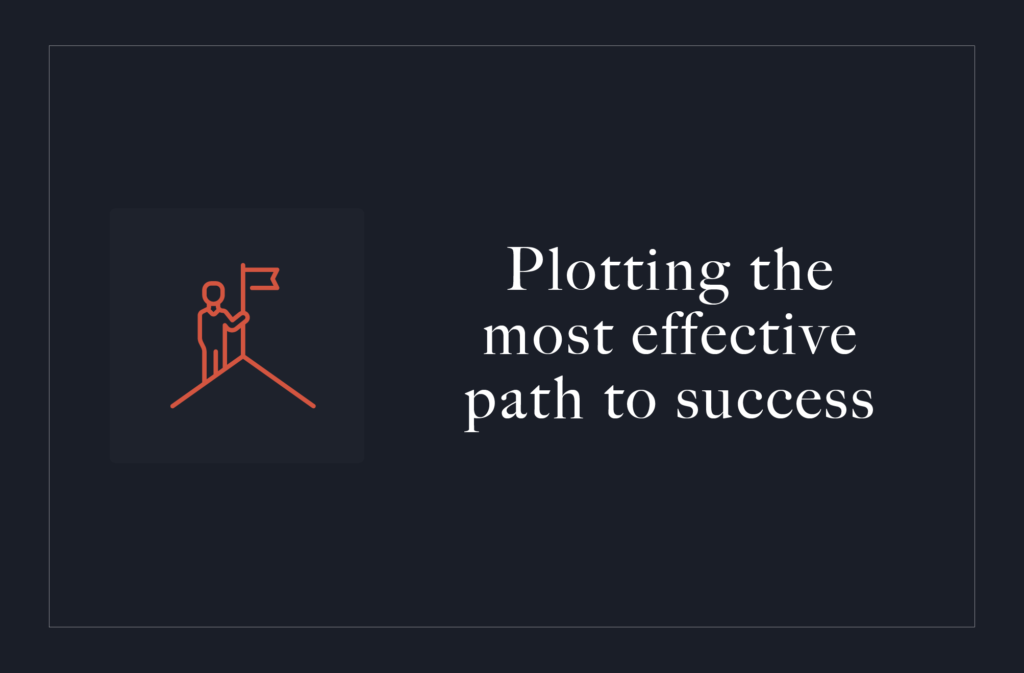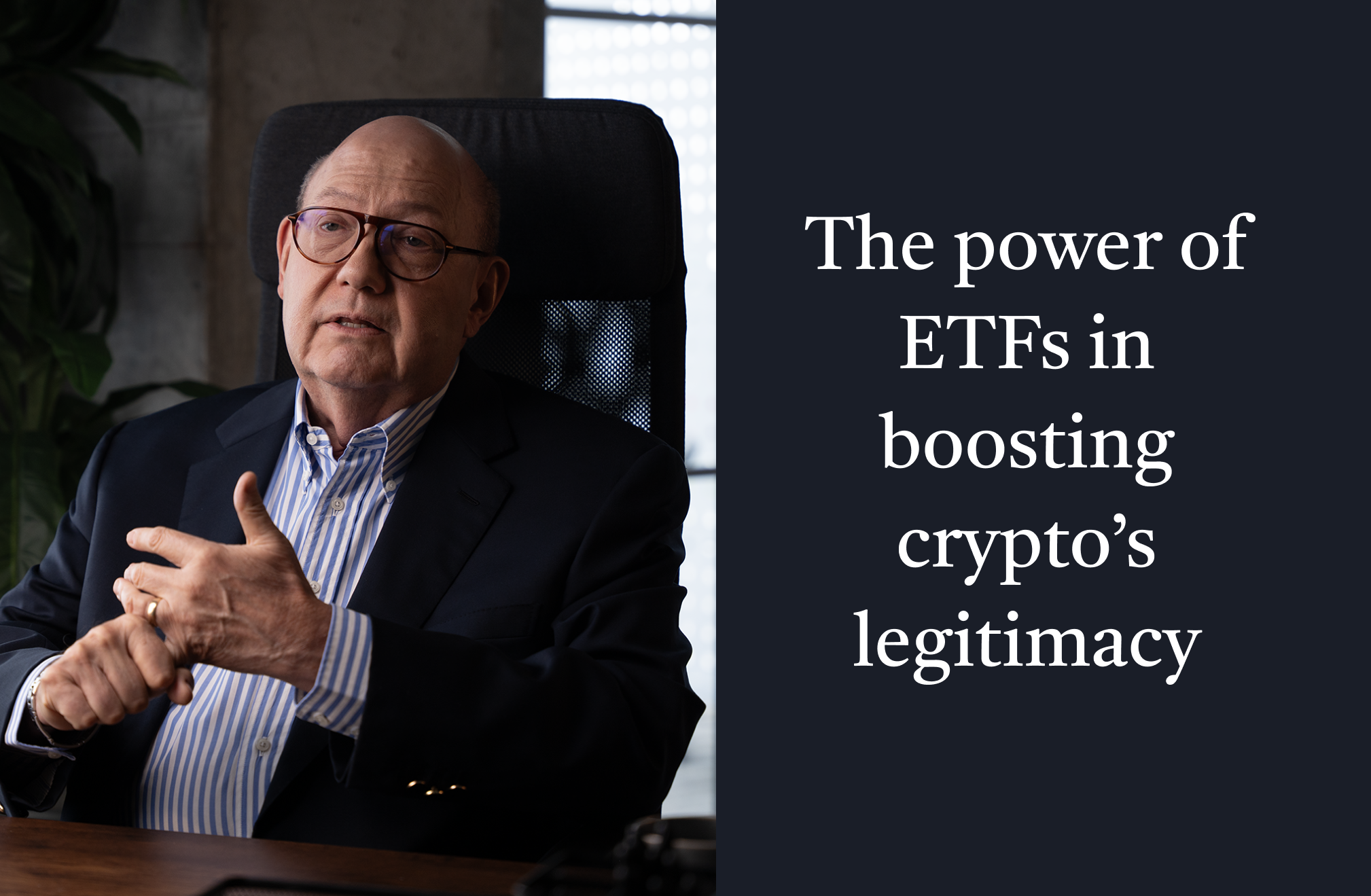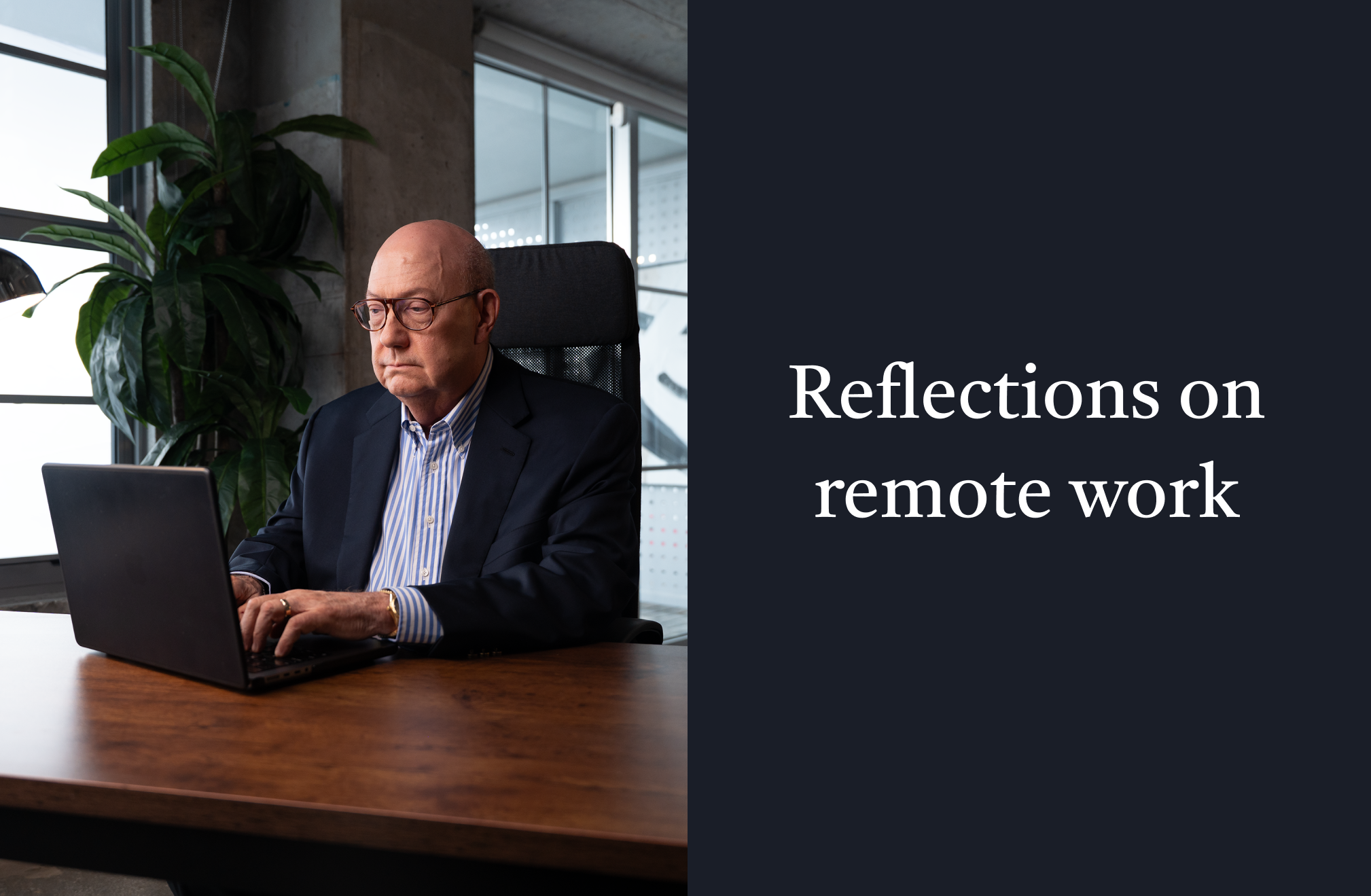
Range by David Epstein is about finding the most effective path to success. Epstein takes examples of individuals from some of our most revered fields (athletes, artists, musicians, inventors and scientists) and looks at how they achieved success. The book says that in most cases, generalists, not specialists, are more likely to excel in life. Epstein chalks this up to the fact that generalists are very good at adapting; they are often more creative and able to make connections that other more specialized individuals may not be able to identify.
Even though I have dedicated much of my professional career to the financial industry, this book really spoke to me as I also think of myself as a generalist. I sometimes use myself as an example of how more generalist profiles succeed in a highly technical world. When I first started my six current businesses, I did not know much about each industry. But, I have been able to apply principles I’ve seen and worked with in other industries in order to solve problems and overcome challenges in these new fields. I have found that the knowledge I gained from studying widely applicable fields, such as statistics, has been invaluable in applying successful strategies to the ventures I have undertaken later in life. I often recognize patterns repeated across completely different fields, which helps make connections and comparisons between different areas.
Not only does David Epstein advocate a more generalist approach to life and professional endeavors, he also discusses the benefits of failure. Oftentimes, those of us who fail a test or quit several jobs, because they fail to satisfy our needs, end up developing a much more rewarding career than our specialized counterparts. It is just as important to recognize the areas you don’t like, and those you’re not good at, than only those you excel in. Gaining experience and knowledge in many different areas will give us a broad understanding of how businesses and companies work, and how people work, which is also hugely important.
When one gets brought up and trained within a specific industry, you don’t have such a wide range of options, and it is very difficult to look at a problem differently than how you’ve been trained for the last ten or twenty years. Managers and CEOs often prefer to hire someone with a failed start-up than someone who’s just graduated from an MBA. The lessons you learn from trying and failing are highly valuable, and real experience can teach you much more than a textbook. Ideally, we would have time for the MBA and the start-up! But life moves quickly, and we rarely have time to live all the experiences we want to.
I highly recommend this book to young people starting out on their path in education and trying to figure out what their career might look like.






